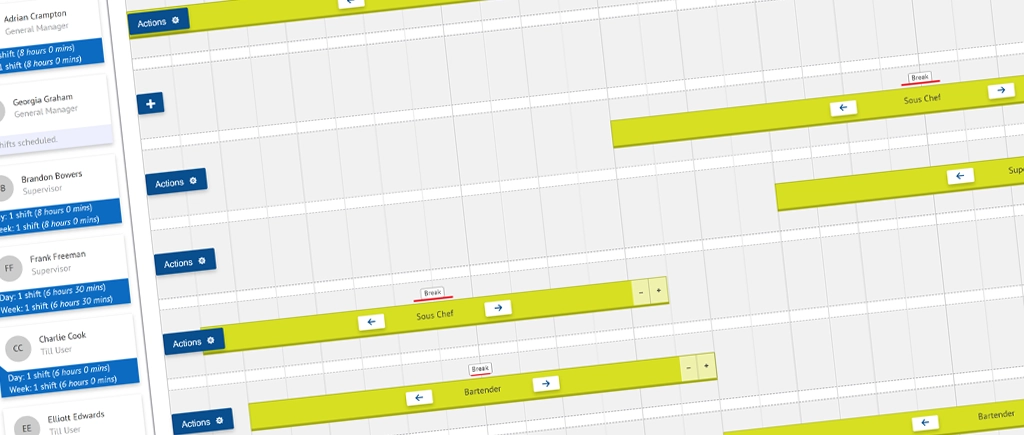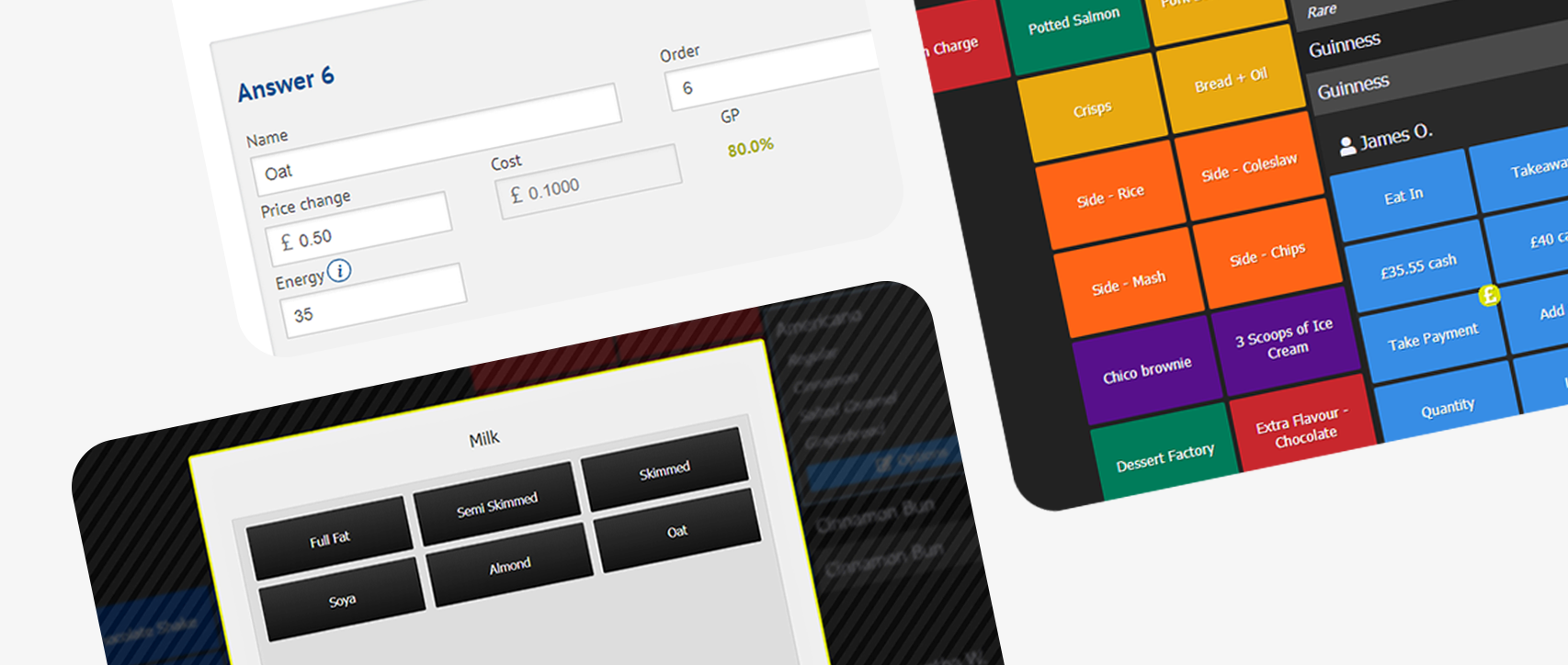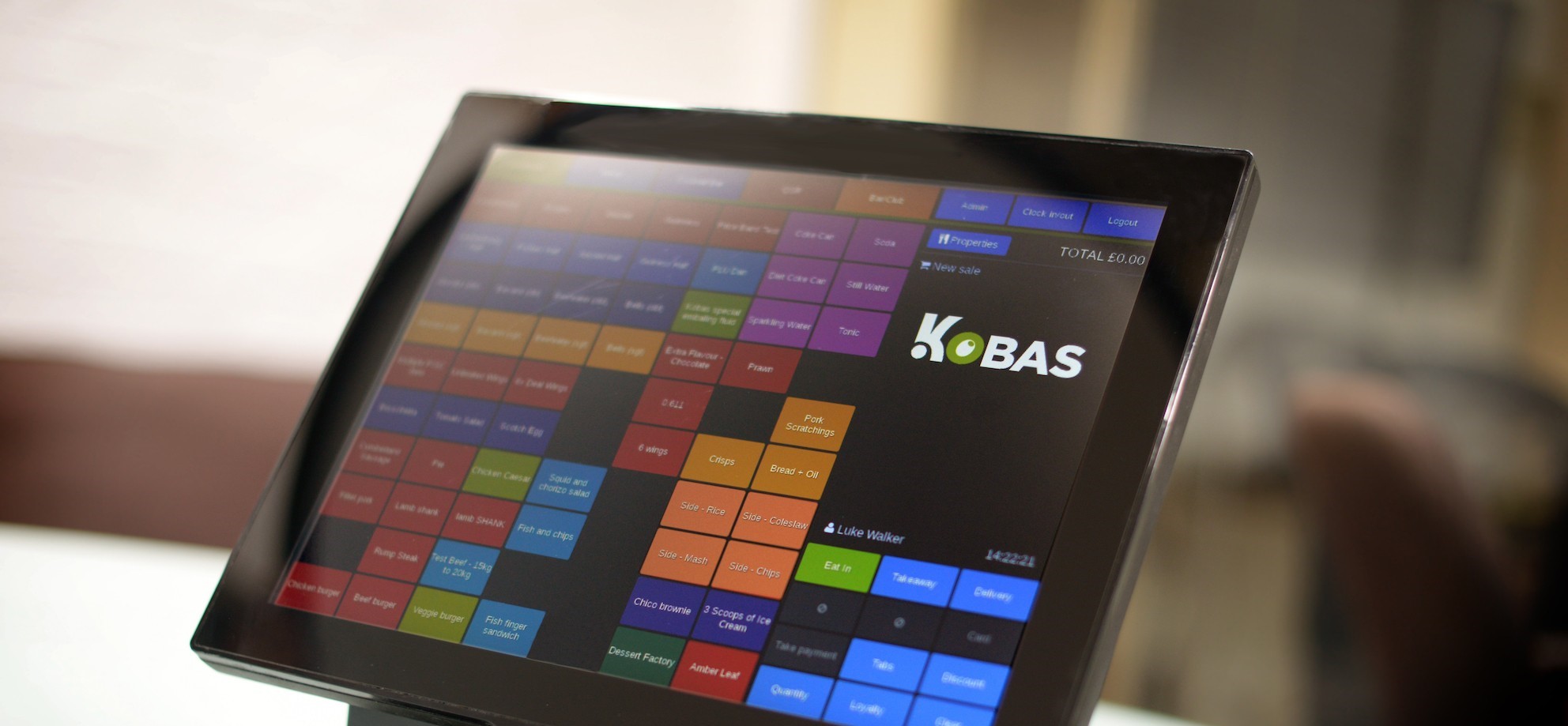Gone are the days when happy hour specials and complimentary appetisers were enough to win diners over. While these extras still contribute to making a positive impression on your customer base, today’s restaurant guests want more and that sentiment continues to evolve. It’s not just about having diverse menu items and friendly staff – customers want a restaurant experience.
As a business in the fast-paced world of hospitality, that means offering personalisation and convenience at every turn. But you don’t need to completely overhaul your business model. With the adoption of Artificial Intelligence (AI) and Machine Learning (ML) across your restaurant, you can meet these demands while improving everything from guest satisfaction to staff productivity.
And no, utilising AI in restaurants doesn’t mean introducing robots and removing the human connection. Instead, utilising AI should help to cut costs and enhance business efficiency, allowing teams to focus and enhance other areas of the business. Here’s how you can use this modern restaurant technology to improve customer satisfaction and guest experiences.
Improve the reservation process
Making reservations should be relatively straightforward, but this isn’t always the case. Poor reservation management and manual reservation errors can negatively impact the customer service experience before a guest even steps foot on your premises. There’s also the issue of the phone number for business outlets being engaged or going unanswered which can be common for busy restaurants. This in itself can drive customers to competitors. To address these challenges, many restaurants have turned to reservation management systems.
Efficient solutions on the market can automate the entire process, from taking reservations to updating the waitlist and managing cancellations, without any human interaction required. This seems to be the way that customers prefer to place bookings too. In 2023, data sourced by Kobas showed that 59% of reservations across hospitality businesses were made via a booking widget on a website. These systems can also review historical data and forecast future demand, which allows restaurants to plan for capacity and table turnover.
Implementing AI in restaurants during the reservation stage can help staff avoid answering recurring questions too. Using machine learning, AI-powered virtual assistants can be programmed to recognise keywords and answer common questions, such as restaurant opening hours and parking options.
Personalised menu recommendations

Regular restaurant customers want to be remembered. They want to be greeted by name, recognised from previous visits, and have menu items recommended to them based on their previous orders. However, it can be challenging for service staff to remember these details for every guest.
This is where advanced technology and data management systems come in. Using AI and ML, restaurants can provide personalised menu recommendations to their customer base according to their previous purchases, dietary requirements, and many other factors. This allows operators to create a tailored dining experience that can lead to increased customer satisfaction and word-of-mouth recommendations.
Make order-taking and delivery effortless
One critical way artificial intelligence and machine learning benefits restaurants is by reducing labour costs and improving the customer ordering experience.
Just look at restaurants like McDonald’s and White Castle. These chains have integrated AI voice bots into their drive-thrus. Customers place their orders with the AI-powered voice assistants and the bots use natural language processing to understand their orders and preferences accurately.
The AI voice bots can also suggest additional items or upsell based on the customer’s preferences. For drive-thrus, this reduces human error, increases efficiency for the customer (as they can speak with someone straight away), and boosts productivity as employees can redistribute their time on other tasks.
This efficiency is also being carried over into food delivery. The rise of third-party services means restaurants must ensure timely and efficient delivery. AI-powered algorithms can determine the most efficient routes for drivers by analysing traffic conditions and driver availability. They also analyse order volume, helping to reduce delivery times and improve customer satisfaction.
Finally, whilst AI can revolutionise your ordering processes, remember that when it comes to food delivery, mishaps are almost inevitable. So, to ensure the best customer experience, make sure you’re contactable – whether it’s through a quick messaging service or a virtual phone number. This means that if a customer accidentally writes the wrong door number or wants to add a last-minute side dish, they can get a quick and clear answer.
Analyse customer feedback in real-time

Satisfying your customers is the key to staying afloat in the restaurant business. Why? Because satisfied guests become regulars and will advocate for your restaurant, driving increased revenue. Dissatisfied guests, on the other hand, will take their money elsewhere. They may also leave a negative review which can steer future guests away.
So, gathering customer feedback is not a choice — it’s a necessity. One of the most common ways restaurants collect reviews is via sites like TripAdvisor and Google, which can be linked to emails sent to customers who have recently visited. Social media is another fast way to access customer sentiment.
While these methods can be effective, there is a way to get customer feedback in real-time using AI. Real-time analysis of guest behaviour and online reviews allows restaurants to track guests’ sentiments during peak dining hours. They can then alert management if there is a sudden spike in negative feedback.
AI can also foresee reputation risks by analysing a large volume of data from various sources, including:
- Customer reviews
- Social media data
- News articles
- Other online sources
Streamline inventory management
Managing stock can be time-consuming. Inventory management systems that use AI and machine learning can automate the process, making it more efficient and accurate.
Machine learning can forecast ingredient and supply needs by analysing historical sales data. This technology also checks current inventory levels and predicted demand. Overall, this helps to prevent overstocking or under-stocking, reduce food waste, and guarantee your restaurant always has the necessary ingredients.
You can also use this software to detect trends and patterns in customer preferences and purchasing behaviour, giving you the data needed to optimise menu offerings and streamline the stock ordering process.
Efficiently schedule and manage staff

The food service industry is fast-paced, and timing is crucial. Guests expect to be served quickly and for food to be fresh. But peak times like holidays put added pressure on service staff, which can impact the quality of service and the number of covers you can seat at any given time.
As a result, many operators increase staffing levels or have to juggle the team’s rota. However, trying to manage staff schedules manually can be time-consuming and lead to errors.
Machine learning can provide an already overburdened manager with trend data to predict staffing needs and schedule accordingly. This intuitive technology can also analyse employee performance, such as attendance, upsells, covers, and other accolades, to spot areas for improvement and recognition opportunities.
Thus, you can improve employees’ job satisfaction and reduce turnovers, leading to a motivated workforce and happy guests.
Create efficient content
ChatGPT has become a household name and for good reason. Through AI, users can analyse data, automate tasks, create content, and much more.
For restaurant operators facing constraints in time, budget, and resources, leveraging AI tools such as ChatGPT or Google’s “Google Bard” can help with marketing. One example is social media where building good quality content calendars can take hours.
Instead, AI through the likes of ChatGPT facilitates a reduction in the time allocated to crafting social media content, enabling teams to swiftly generate fresh ideas in just a few minutes. While it’s advisable not to replicate AI-generated content word for word, it serves as an exceptional resource for igniting creativity. A great option for start-ups and small teams.
Conclusion
AI is redefining many industries and the restaurant industry isn’t far behind. It’s already helping restaurants to operate efficiently and reduce errors. On top of that, it has numerous cost-saving benefits.
We’re increasingly seeing AI and ML in restaurants to personalise the dining experience through menu recommendations based on customers’ previous orders and preferences. Savvy restaurant owners are also using the technology to access customer feedback in real-time and continuously improve their services. What all of this adds up to is a greater guest experience and returning customers.
How far can AI go in transforming the dining experience? Time will tell. But the future looks bright.
Want to see the Kobas system in action?
Kobas enables teams across the hospitality industry to manage all areas of the business, from one connected and complete system.


